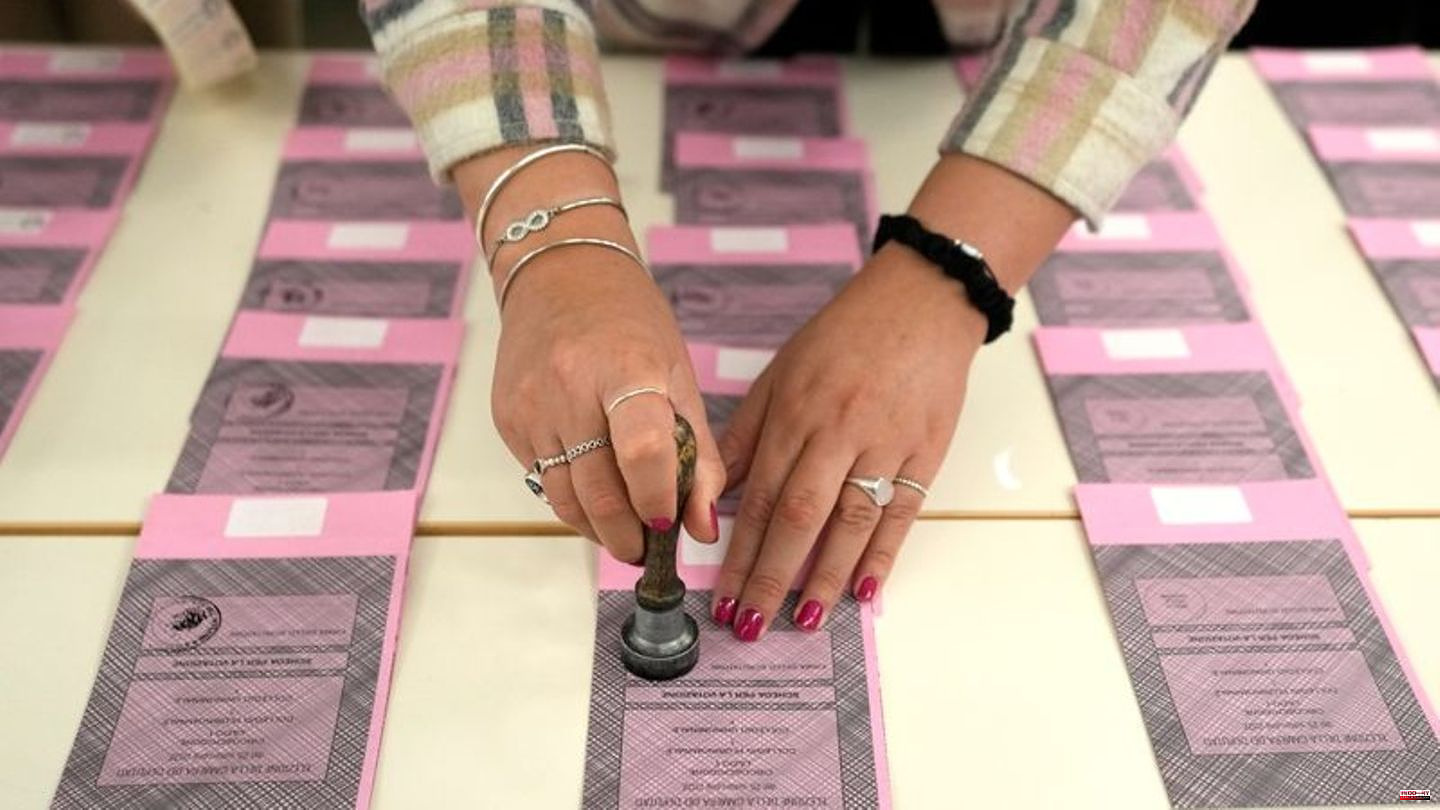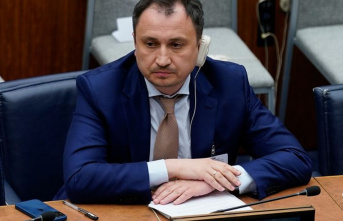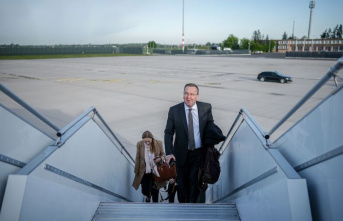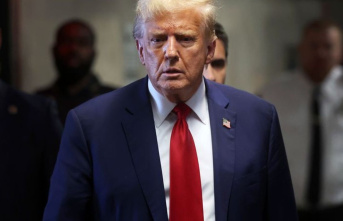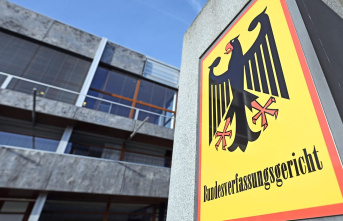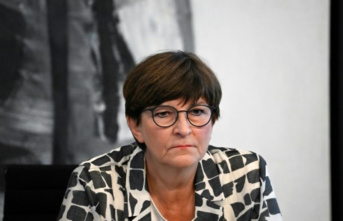Italy is electing its new parliament - because of the expected shift to the right, Europe is looking to Rome with trepidation and concern. The polling stations in the Mediterranean country are open until 11 p.m. on Sunday, and more than 50 million citizens are called to vote.
At noon, turnout was low. While most party leaders voted in the morning, Giorgia Meloni spontaneously postponed her vote until the evening. She is the head of the far-right Fratelli d'Italia party, which is likely to become the strongest force.
The Roman woman and the right-wing bloc she led were clearly ahead in the polls, which were last published on September 9th. Meloni could become Italy's first female prime minister. Their alliance also includes Matteo Salvini's right-wing populist League and ex-Prime Minister Silvio Berlusconi's conservative Forza Italia. After the resignation of the previous head of government, Mario Draghi, the country faces a hard jolt to the right.
Insulting tweets about political opponents on election day
"Let's make history together," Meloni tweeted that morning. Their allies also posted a number of election messages on social networks on Sunday, as they had done the day before. They ignored a requirement to refrain from such statements on the day before and on the day of the election. The Lega, for example, published some insulting tweets about their political opponents.
Before the first forecasts and then projections are announced shortly after 11 p.m., the Ministry of the Interior announced a provisional turnout. At 7:00 p.m., only around 51 percent of those entitled to vote had cast their votes. In the 2018 elections, it was around 59 percent at the time. At the end of the day, Italy registered the lowest voter turnout of its post-war period at just under 73 percent. Experts predicted an even lower voter turnout of even less than 70 percent this time.
According to the evaluation, the inflow this year was particularly weak in the south of the country in the regions of Calabria, Apulia, Campania and Basilicata as well as on the islands of Sicily and Sardinia, at times well below 40 percent.
After the fall of the Draghi government, many citizens are frustrated and do not feel represented by any party. The left and center parties fought each other in the election campaign instead of taking a united stand against the right-wing bloc.
Queues in front of polling stations cause frustration
Nevertheless, there were queues in front of some polling stations on Sunday, which caused some outrage. This was also due to the fact that one strip of the two completed ballot papers - one each for the House of Representatives and one for the Senate - had to be carefully torn off before they went into the ballot box. This additional procedure to combat voter fraud delayed the process. "I've never seen a snake like that," said Forza Italia boss Berlusconi.
In Brussels and other European capitals, many worry about a government led by the Fratelli and Meloni. The "Brothers of Italy" are successors to a party founded by fascists. Also, Meloni never fully condemned fascism. In addition, the party leader repeatedly criticizes the EU and rejects progressive rights such as those on adoption for homosexual partners.
Election special on Interior Ministry homepage Election manifesto Centre-Right Election manifesto Partito Democratico Election manifesto Five Star Movement Election manifesto Center Coalition Election turnout Tweet Meloni

